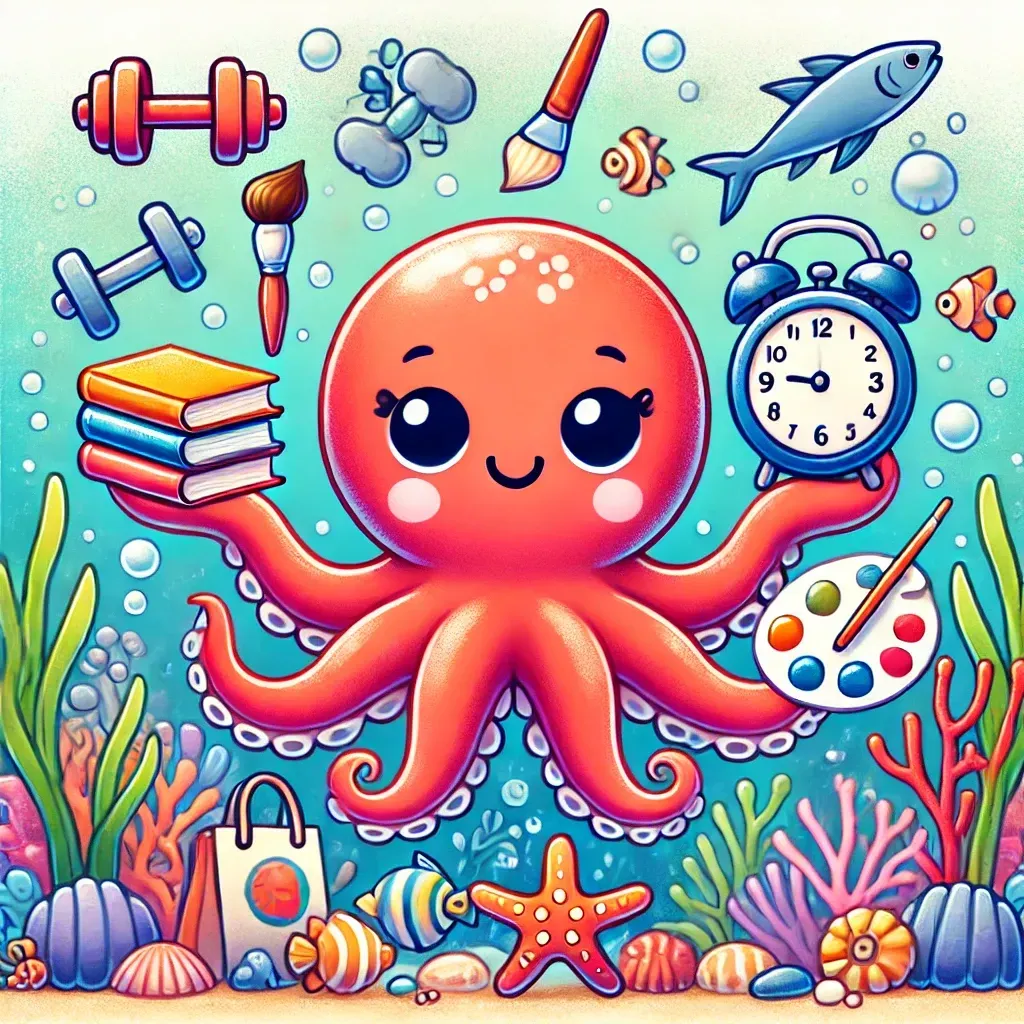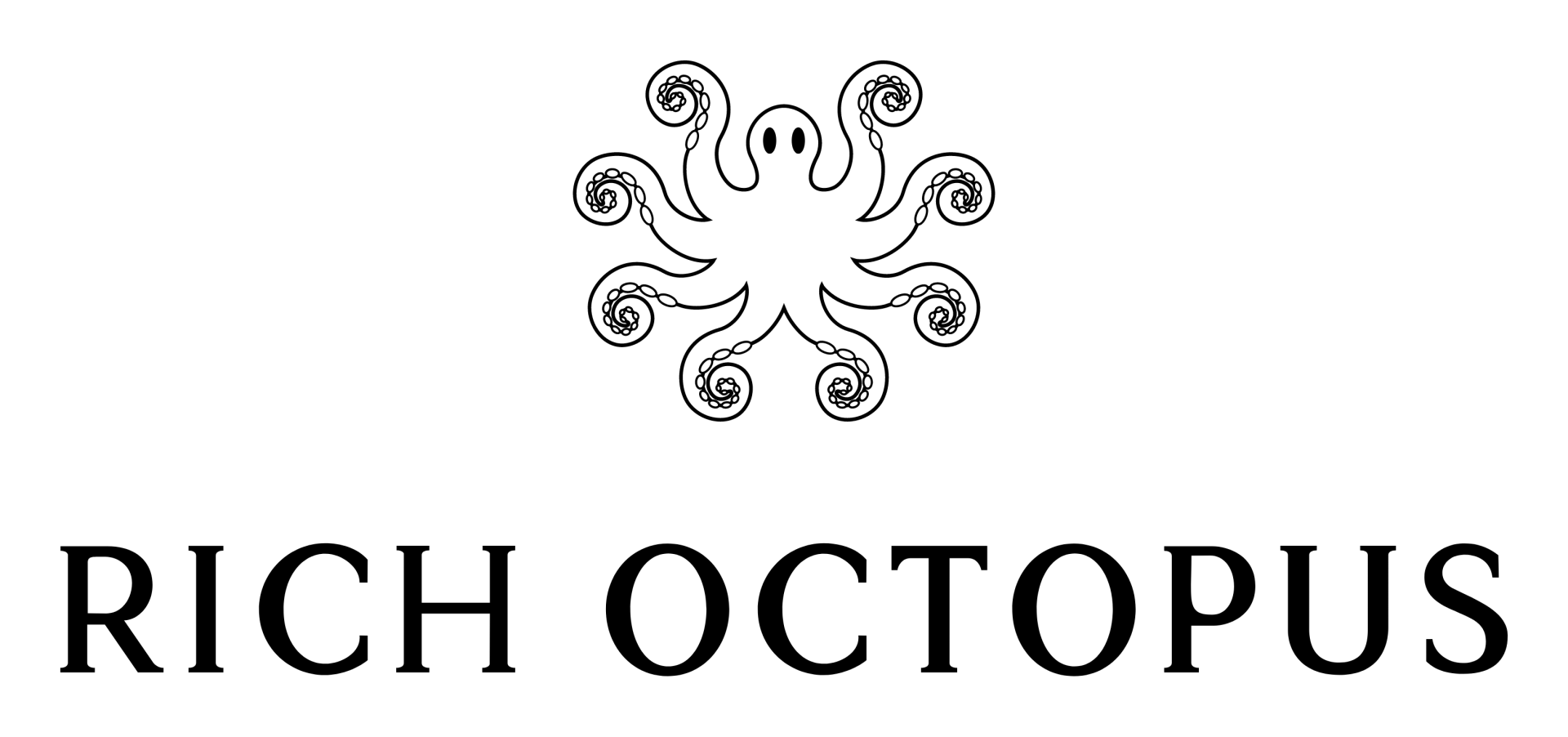Unveiling the Black Friday and Cyber Monday Phenomenon: The Art of Retail Psychology

Takeaways
- Strategic Timing and Tradition: Black Friday and Cyber Monday are strategically timed shopping events that kick off the holiday season. Originally rooted in American tradition, these days have become global phenomena, marking significant revenue opportunities for retailers.
- Psychological Tactics at Play: Retailers leverage various psychological strategies to influence consumer behavior during these shopping events. Creating a sense of scarcity, urgency, and exclusivity, coupled with emotional appeals, enhances the likelihood of impulsive buying decisions.
- Empowering Informed Consumer Choices: Understanding the psychology behind Black Friday and Cyber Monday empowers consumers to make informed purchasing decisions. By recognizing tactics such as scarcity, anchoring, and FOMO, shoppers can navigate the sales with intentionality, ensuring they get the best value without succumbing to impulsive buying pressures.
Black Friday and Cyber Monday have become synonymous with the kickoff of the holiday shopping season, as retailers gear up to offer irresistible deals and discounts to eager consumers. These two days, once primarily American traditions, have now evolved into a global shopping extravaganza. Retailers strategically mark these dates as their biggest money-making opportunities of the year, employing various psychological tactics to entice customers and maximize sales.
Black Friday: The Historical Frenzy
Historically, Black Friday originated in the United States and was named for the day when retailers would move "into the black," signifying profitability. Today, it is a retail juggernaut, with both brick-and-mortar stores and online retailers vying for consumer attention. The day after Thanksgiving sees a rush of shoppers seeking doorbuster deals, limited-time offers, and exclusive promotions.
Retailers carefully plan and orchestrate their Black Friday sales, creating a sense of urgency and scarcity. Limited quantities of discounted items, time-sensitive deals, and exclusive in-store promotions contribute to the atmosphere of excitement and competition. This scarcity principle taps into the human psyche, encouraging consumers to act quickly for fear of missing out.
Cyber Monday: The Digital Revolution
As technology continues to advance, Cyber Monday has emerged as the online counterpart to Black Friday. Falling on the Monday following Thanksgiving, Cyber Monday is characterized by exclusive online deals and discounts. E-commerce giants and smaller online retailers leverage this day to drive sales and reach a global audience.
Cyber Monday benefits from the convenience of online shopping, allowing consumers to browse deals from the comfort of their homes. Retailers use targeted online marketing, email campaigns, and social media promotions to reach a vast audience, creating a digital shopping frenzy.
The Role of Marketing in the Madness
At the heart of the Black Friday and Cyber Monday spectacle lies the art and science of marketing. The weeks leading up to these shopping events are marked by a barrage of advertisements bombarding consumers from every angle. The psychology behind these messages is finely tuned to trigger our impulses and drive us towards making purchases. Some key strategies include:
- Scarcity and Urgency: Limited-time offers and scarce quantities create a sense of urgency, prompting consumers to make impulsive purchasing decisions.
- Social Proof: Retailers leverage social proof by showcasing customer reviews, testimonials, and social media endorsements to build trust and credibility.
- Anchoring: Establishing a higher original price (the anchor) and then offering a discounted price makes the sale seem more appealing, even if the discount is relatively modest.
- FOMO (Fear of Missing Out): Retailers play on the fear of missing out by promoting exclusive deals and limited-time offers, encouraging consumers to act quickly.
- Emotional Appeals: Marketing messages often tap into emotions, emphasizing the joy of giving, the excitement of scoring a deal, or the satisfaction of treating oneself.
Balancing Temptation with Intention
Black Friday and Cyber Monday have evolved beyond mere shopping days; they are cultural phenomena that shape consumer behavior and retail strategies globally. Retailers strategically use psychology to create an environment conducive to impulse buying, fostering a sense of excitement, urgency, and competition. As consumers navigate the sea of deals, it's essential to be mindful of the psychological tactics at play and make informed purchasing decisions. While these shopping events can offer significant savings, understanding the psychology behind them empowers consumers to navigate the sales with a clear and intentional mindset.
Interested in learning more about the psychology of marketing tactics? Here are some resources:
- "Predictably Irrational" by Dan Ariely: Behavioral economist Dan Ariely examines irrational behaviors in decision-making, shedding light on how consumers often deviate from rational choices and how marketers can leverage these tendencies.
- "Influence: The Psychology of Persuasion" by Robert B. Cialdini: This classic book explores the principles of influence and persuasion, providing insights into how marketers can effectively sway consumer behavior.
- "The Art of Choosing" by Sheena Iyengar: Sheena Iyengar, a leading expert on choice, explores the psychology of decision-making and how businesses can present choices to consumers to influence their preferences.




